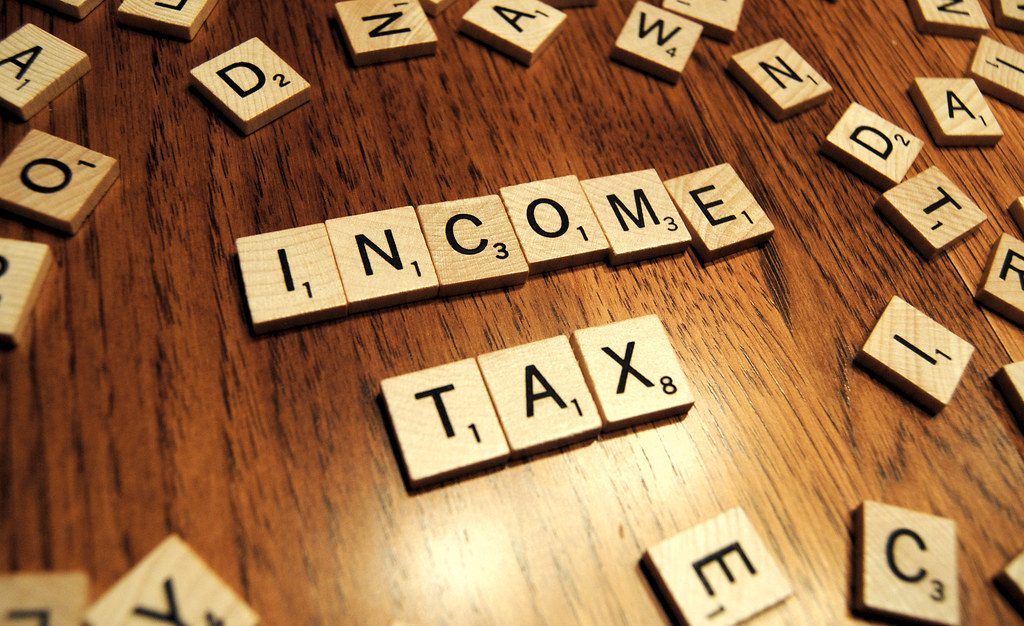The High Court of Bombay passed a judgement on 04 May 2023, in a recent legal battle under the Income Tax Act. The case of PR. COMMISSIONER OF INCOME TAX-19 VS. VISHWASHAKTI CONSTRUCTION IN INCOME TAX APPEAL NO. 1016 OF 2018 WITH INCOME TAX APPEAL NO. 1026 OF 2018 two appeals were filed challenging an order passed by the Income Tax Appellate Tribunal (ITAT) in Mumbai. The appeals were related to the assessment years 2009-10 and 2010-11 and were brought forth by a partnership firm engaged in road repairs and construction as a contractor for the Municipal Corporation of Greater Mumbai.
FACTS
The appellant, a partnership firm, filed a return of income for the assessment year 2009-10, declaring a total income of Rs. 37,04,810. During the assessment proceedings, the assessing officer (A.O.) noticed that the firm had claimed purchases totalling Rs. 88,53,059 from various entities. However, suspicions arose when the Sales Tax Department provided information about certain bogus parties, whose TIN matched with those from whom the purchases were allegedly made.
The A.O. issued notices under Section 133(6) of the Act to the parties involved, but there was no compliance. The firm also failed to produce the said parties, and as a result, the A.O. treated the amount of Rs. 88,53,059 as bogus purchases and added it back to the total income. The CIT(A) concurred with the A.O. on the bogus purchases but held that only the profit element embedded in the disputed purchases should be assessed as income, estimating it at 12.5%. The ITAT upheld the CIT(A)’s view and decision.
LAWS INVOLVED
The appeals were preferred under Section 260A of the Income Tax Act, 1961, which allows for appeals against orders of the ITAT. The case involved the interpretation and application of various provisions of the Act, including Section 143(3) and Section 147, which pertain to the assessment of income and reopening of assessments, respectively. Additionally, the decision of the CIT(A) was relied upon, along with the judgment of the Gujarat High Court in CIT v. Bholanath Poly Fab Private. Limited., which formed the basis for the ITAT’s decision.
ARGUMENTS
Two appeals were filed under Section 260A of the Income Tax Act, challenging the order passed by the Income Tax Appellate Tribunal. The appellant, claimed purchases from various entities, which were later flagged as bogus by the assessing officer. The firm argued that the completion of assigned projects for the Municipal Corporation of Greater Mumbai would have been impossible without genuine purchases. The Commissioner of Income Tax (Appeals) agreed partially with the assessing officer’s decision. The ITAT upheld the CIT(A)’s view, treating the purchases as bogus but retaining a portion of the addition. Similar cases were referenced to support the decision. The tribunal found no substantial questions of law and dismissed both appeals.
CONCLUSION
The case discussed highlights the legal implications and complexities surrounding the assessment of purchases made by businesses. While the court acknowledged the presence of bogus purchases, it also considered the practicality of completing assigned works if all purchases were deemed non-genuine. The decision emphasizes the need for a balanced approach when determining the tax implications of disputed purchases. Under Section 260A of the Income Tax Act, both appeals were dismissed, and the ITAT’s decision was upheld.
“PRIME LEGAL is a full-service law firm that has won a National Award and has more than 20 years of experience in an array of sectors and practice areas. Prime legal fall into a category of best law firm, best lawyer, best family lawyer, best divorce lawyer, best divorce law firm, best criminal lawyer, best criminal law firm, best consumer lawyer, best civil lawyer.”
JUDGEMENT REVIEWED BY VETHIKA D PORWAL, BMS COLLEGE OF LAW


